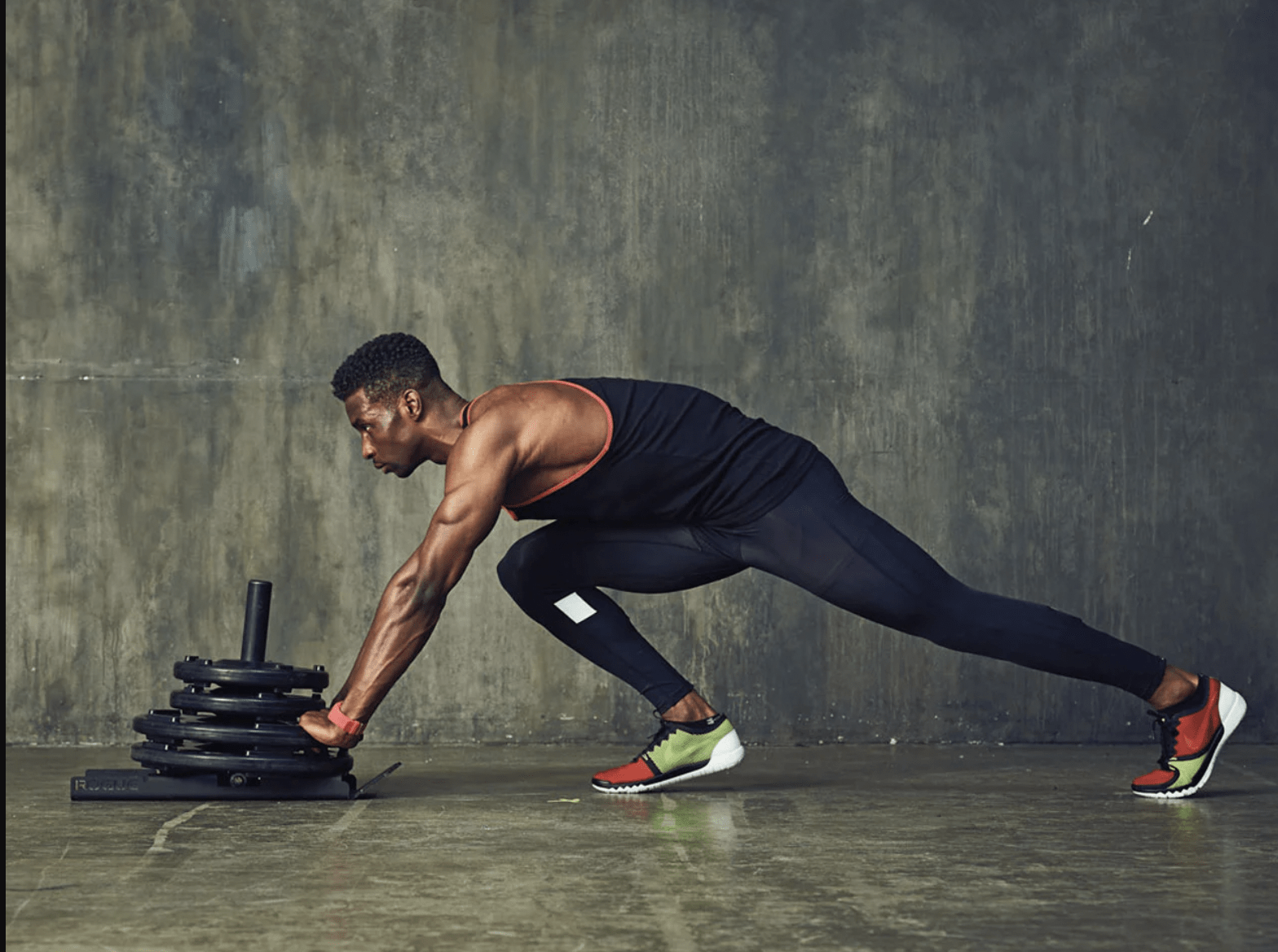Sports is one of the activities enjoyed worldwide. Many people engage in sports for professional or leisure. Just like you train for new games at your best online casino, the same way athletes require effective training programs to succeed.
It takes more than running fast or lifting heavy weights to have proper, effective training. Effective training consists of various programs that should be incorporated together to achieve high levels of success.
This article aims at identifying and elaborating on the most effective training programs for successful athletes that will help trainers, as well as athletes.
1. Assess Your Current Level of Fitness
Before you start training, it’s important to assess your current level of fitness, and set short-term goals for improvement. Without this step, you’ll be wasting time on the wrong exercises, or even worse; doing nothing at all.
This step can also help to have some examples of tangible fitness goals that could be realistic to achieve within a given time. For example, running a mile in less than 10 minutes or completing three sets of 100 pushups.
2. Identify Your Goals in Advance
You may be thinking, “I know my goal, to be a great athlete”. Congratulations! That’s an excellent goal but it’s not specific enough. You need to identify the actual problem or situation you’re trying to fix before worrying about the solutions.
For a training program to help you achieve your goals, there needs to be something specific in mind. You need something measurable and attainable that will push forward the progress toward achieving them. For instance, you could have a goal of; running faster than 10 minutes per mile or deadlifting 150 pounds. To know more, check on Relifesports.com.
3. Don’t Try to do Too Much at Once
The most effective programs for successful athletes don’t include too much variation in the exercises. This is because the body needs time to adapt to a new routine, before being able to handle more stress.
If you are going from one workout to another, you’ll never give your body enough time to recover.
4. Keep a Training Journal
For athletes, keeping a training journal is essential. Whether you’re a professional or amateur athlete, there are many benefits to recording your progress. You can use this resource to track your goals and progress towards achieving them.
You can use it to keep track of injuries, results, and feelings after each session. A training journal is also very useful in planning new training programs and analyzing past ones, and how they could be improved.
5. Stick to the Programs, Change Them if Need Be But Don’t Give Up On It
The most important thing is to stick to the programs. If you don’t, you might end up wasting your time and potentially injuring yourself. However, if you are not seeing results, change it.
Try something new that you feel might yield better results. However, make sure that there’s no reason why this change won’t work for your body type or current level of fitness, like not working for everyone else.
6. Create a Training Schedule that Suits You and Your Lifestyle
Having a training schedule is important for athletes, but you should also make sure that it suits your lifestyle. For example, if you’re a busy person and travel a lot, it might be difficult to find time to exercise every day.
In this case, try scheduling rest days around the weekends or other times that would cause any conflicts in their schedules. You can also try to do something every single day, no matter how little. This will help prevent burnout and injury by keeping your body active.
If working out on your own isn’t practical or appealing to you, you can find a friend who shares similar goals as an athlete.
7. Be Consistent With Your Training Plan
Don’t skip days or reduce the intensity of your workouts if you’re tired or injured. You should work on building resilience and stamina instead of focusing on short-term goals, like losing eight fast or recovering from an injury quickly.
But how often should you train? Studies show that overtraining can happen when athletes intensify their workouts too much, without rest time in between sessions. As a general guideline, do not exceed an average weekly training volume of 12hours.
8. Set Realistic Goals for Yourself
Set realistic goals so that when you achieve them, it’s an accomplishment rather than just another thing on your to-do list for the day. It’s important not to set goals too high or too low, and don’t set unrealistic expectations. This will discourage you if you fail.
Bottom Line
Training is important for athletes, but you also need to think about how well suited your training program is, to achieve specific goals. There are many different types of training programs that might work for different athletes depending on their goals.
However, even if you’re just looking to achieve an overall fitness improvement, these effective training programs for successful athletes will help you accomplish your goals.

